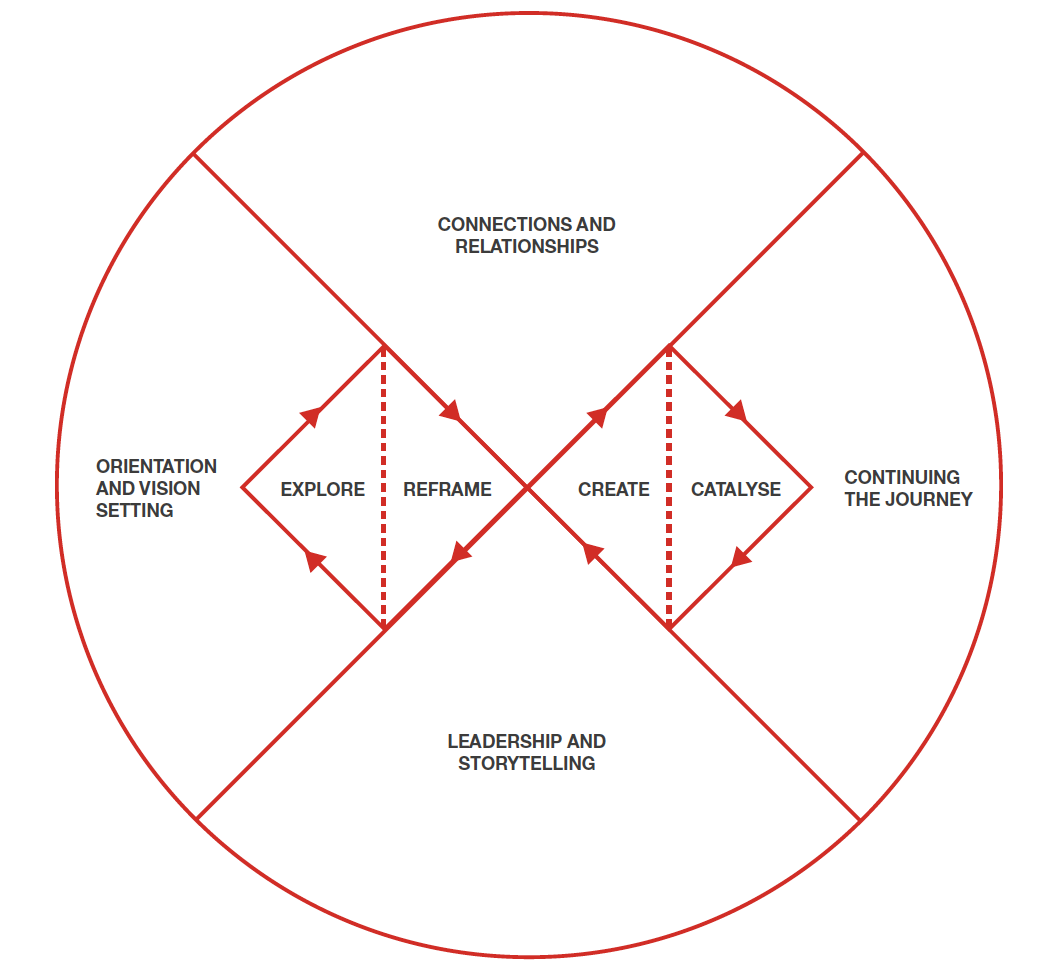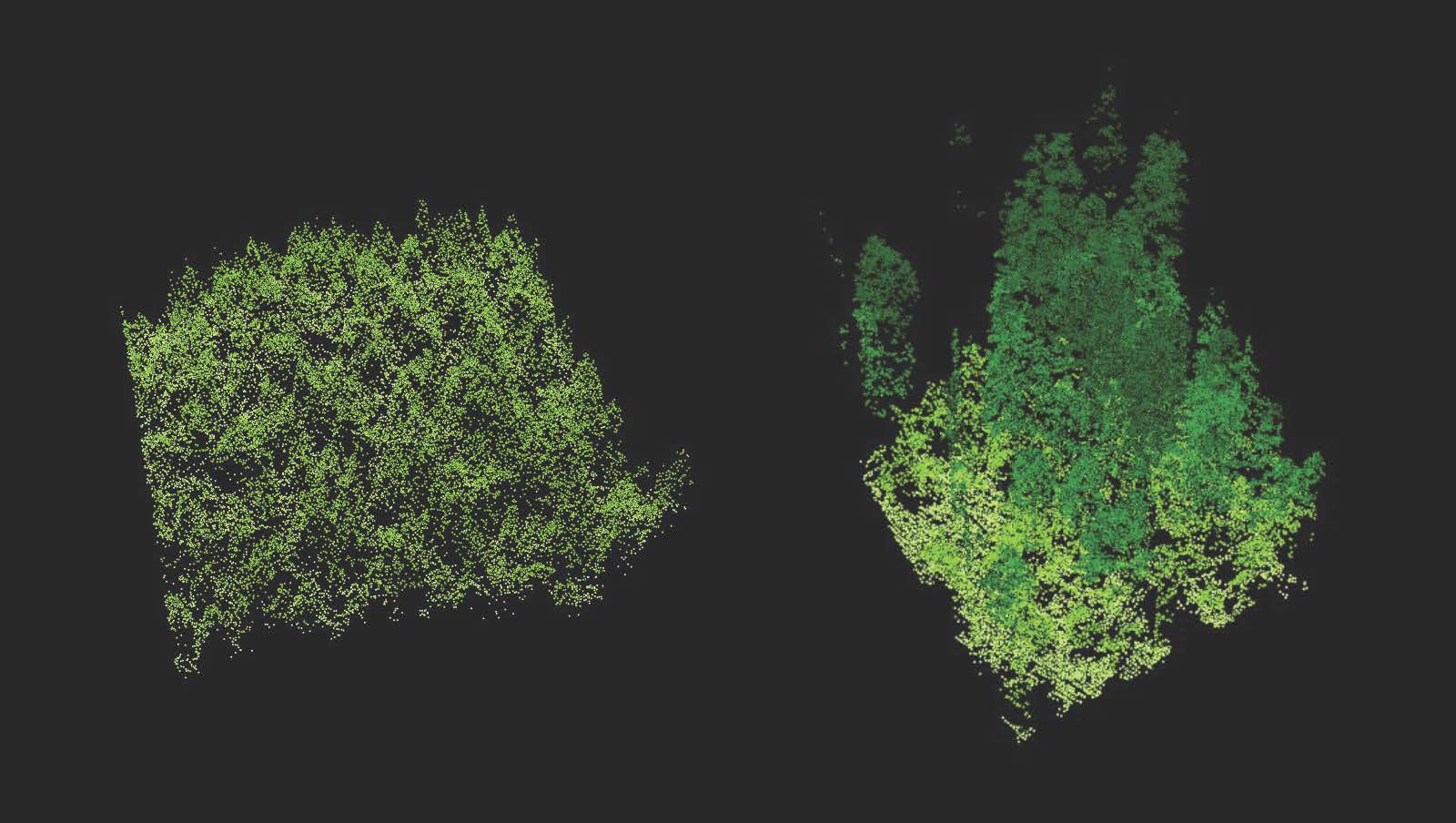I’m going through all my Pocket articles that I’ve favourited by not archived, which means that Past Gem thought they were important enough to revisit. Let’s see what I find…
Statements Towards the Establishment of a Proof-of-Rest Protocol
A response to the senseless wastefulness of proof-of-work cryptocurrencies, which use up energy to generate artificial scarcity and profit.
Rather than burning ourselves out in bullshit jobs, why don’t we rest and do nothing? If anything, we need to be saving our capacity for transitioning to a post-capitalist society.
A sustainable way of life will necessarily require us to be more in balance with the natural rhythms of our bodies and the world around us, leaving time for rest, repair and regeneration.

Who Taught Me
I found Aimi Hamraie’s work via Futuress and really liked their take on an “About” page. It’s an incomplete list of all the people, stories, lessons and situations that have shaped them and their world view. It made me wonder what I’d put on my own list.
Indigenous World Views
Super interesting critique of permaculture and regenerative agriculture from an indigenous perspective.
Indigenous cultures often share the view that there is no good, bad, or ideal—it is not our role to judge. Our role is to tend, care, and weave to maintain relationships of balance.
The Strategic Independent
I’ve been gradually working my way through all of Tom Critchlow’s essays. To the point where it has become a joke within the co-op.
He’s writing a book (also available online) about how independent consultants can work in more strategic and effective ways. Basically: working smarter, not harder – being curious and spending more time understanding the broader context of one’s work.
Developing our new Systemic Design Framework
An evolution of the divergent and convergent thinking Double Diamond. It recognises the non-linearity of complex problems and the invisible activities that support and interact with the design process. Really interesting explanation by Cat Drew of how the framework emerged and the thinking behind it.

Community Tech in Action
Rachel Coldicutt and the team at Promising Trouble / Careful Industries have been producing some really interesting work. In this series, they explain the research they’ve done into the motivations behind and potential for community tech projects. Tools that are custom-built, rather than just stringing together off-the-shelf consumer tech that aren’t fit for purpose. Basically Common Knowledge’s reason for existence!
What does Community Even Mean?
Short essay on how we need to update our conception of community. They suggest this a new definition, in which care, belonging and shared identity is key:
Community = a group of people that care about each other and feel they belong together.
They argue that only sharing a common goal does not a community make:
I believe that every community needs to have an internal purpose first to truly function as a community. Without trust and relationships, it becomes a project, an initiative, a movement.
I liked the look of the open source Community Canvas linked at the end.
The Intelligent Forest
An excerpt from Suzanne Simard’s book Finding The Mother Tree. Forests are complex, emergent, ever-changing, self-organising systems – somewhat like a society, an orchestra, a family or a brain.
Recognizing that forest ecosystems, like societies, have these elements of intelligence helps us leave behind old notions that they are inert, simple, linear and predictable — notions that have helped fuel the justification for rapid exploitation that has risked the future existence of creatures in the forest systems, like us.
Mind in the Forest
More forests! A lyrical essay on meditation, animism, impermanence and meaning.
Only cosmic arrogance tempts us to claim that all this reaching for sunlight, nutrients, and water means nothing except what we say it means. But if it bears a grander significance, what might that be, and what gives rise to such meaning? What power draws the elements together and binds them into a spider or a person, a fern or a forest? If we answer, “Life,” we give only a name, not an explanation.

Conversation is Not a Master’s Tool
An interview between Scalability Project and adrienne maree brown. I was drawn to the question about citations, relations and conversation:
SCALABILITY PROJECT: Reading through your texts, we were inspired by how generously you use citations. What you describe above reminds me of your adoption of the Mervyn Marcano quote “Move at the speed of trust.” You also quote Farhad Ebrahimi: “An ecosystem is not just a list of living things … It’s the set of relationships between those living things.” Could you expand more on this nonlinear process of relations, especially in connection to conversation?
BROWN: I love this question because that quote and the practice of citation are the same. I am not a solitary thinker, solitary learner, or solitary channel of these universal wisdoms and universal truths. I’m constantly learning from other people. And I weave. We all weave in different ways. What is the tapestry of lessons and wisdom that is unique for me? Each person ends up with a different tapestry, but you start to see patterns amongst them. And the pattern for me is something infinite.